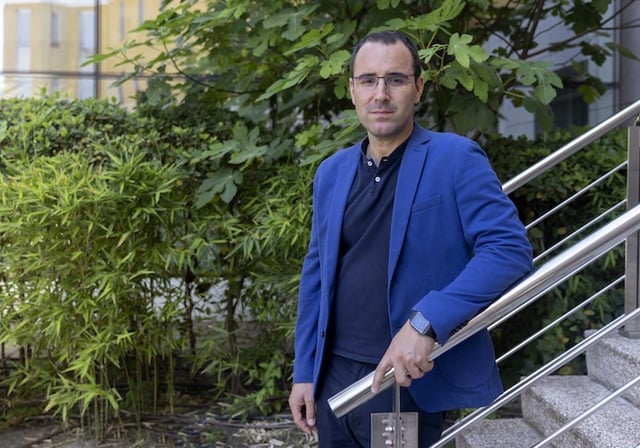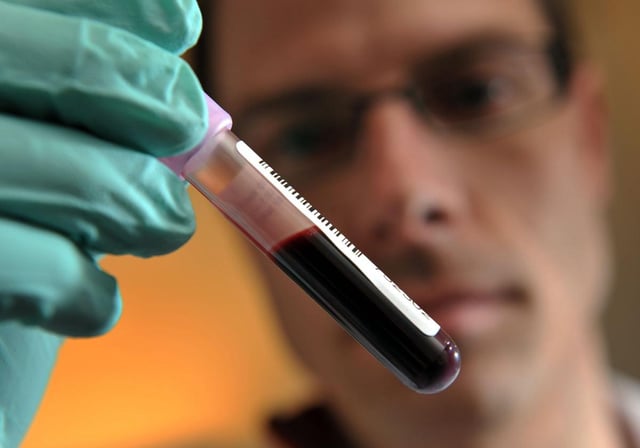Overview
- It leverages immune-response protein changes rather than tumor-emitted markers by analyzing key amino acid concentrations in plasma with machine learning.
- In a 170-patient study, it detected 78% of solid tumors without producing any false positives.
- The test predicted non-response to antimetastatic therapy with 100% specificity and forecast effective treatment outcomes with 87% precision.
- Two NHS-funded trials in the UK and parallel studies in the US and China are now underway to broaden clinical validation.
- The minimally invasive assay requires only common hospital reagents and a small blood sample, and a Proteotype Ltd. spin-off is developing its commercial platform.


